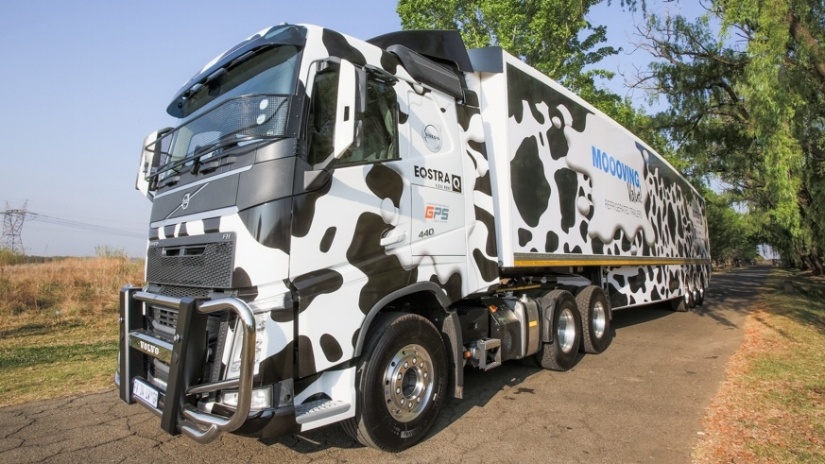 When it comes to driving a fleet, there are a few tips and tricks that you need to bear in mind. Here are the secrets of an expert fleet driver.
When it comes to driving a fleet, there are a few tips and tricks that you need to bear in mind. Here are the secrets of an expert fleet driver.
We’ve all been there: watching someone in a branded vehicle make a dodgy U-turn, or pull across traffic when it wasn’t safe, or otherwise put other people’s lives at risk.
We’ve all also seen a motorist overtake a truck, only to grind to a halt just in front of it, causing a near miss or worse, because they don’t appreciate that bigger vehicles take longer to stop.
If you want to be an expert fleet driver, which is what you should be aiming for anyway, there are a few tips I can share with you – and some tricks of the trade.
When you drive a fleet vehicle, you will spend a large amount of time on the road. While that’s a bit of a duh statement, it doesn’t negate the fact that you need to be diligent, and well rested at all times. Road conditions will vary – from rain to dirt and from stop-and-start to freeway cruising, and different driving conditions require different driving skills.
And, because it’s a company vehicle (with all the benefits that implies; such as a petrol card and no need to worry about service intervals) many people may abuse these privileges. However, you are your company’s representative on the road, and need to be aware that if you have an accident, it’s your problem at the end of the day, because the company can hold you liable.
What you also need to remember is that whatever vehicle you are gifted with may be a budget version. Sure, it will have all the safety features you will need – including a fire extinguisher – but it may not have some bells and whistles, like a radio. Radios, while a potential distraction, can also be useful because they engage your brain and help keep monotony at bay, especially on longer trips. They also provide traffic updates, which I find incredibly helpful. When it comes time to swap out that vehicle, the lack of a radio is a big red flag and could mean the driver was not updated on possible weather or road conditions, for example, which could result in a loss of money to the company.
Other areas companies might try and save money on include air conditioning, or automatic transmission. These are both vital if you are spending long hours on the road because pushing a clutch in and out all day long in stop-and-start traffic (be it in the city or on a crowded expressway) can only reduce the efficiency of the driver when it comes to company business.
Inefficiency also increases when it’s sweltering, and you have to see a client with sweat dripping down your face and pooling in your armpits.
These aspects also provide a psychological lift to drivers – after all, if you’re always on the road, you want to enjoy that experience as much as possible and not become a grumpy guts (which doesn’t do your company’s image any good).
A happy driver is also more likely to look after the vehicle, which is also important for customer experience, and the company’s bottom line because unexpected maintenance or damage is costly.
While it makes sense for the fleet manager to keep an eye on vehicle mileage, and use other tools to track driver behaviour, this shouldn’t be the be all and end all of monitoring. It could well be that a driver hits an especially bad part of traffic each day, in which case, the above-mentioned information should be used to better plan routes.
Fleet drivers often have more common and business sense then they are given credit for, because they are the ones behind the wheel and are likely to pick up issues first – especially if they are happy drivers and the company has their buy-in.
However, perhaps the best way of ensuring drivers are committed to the company, and their vehicles, is to make sure you update them on a regular basis when it comes to fleet safety.
A happy driver is one that will do your company proud, and be a good representative, and is less likely to necessitate calls from other angry road users when he or she cuts them off in traffic.
